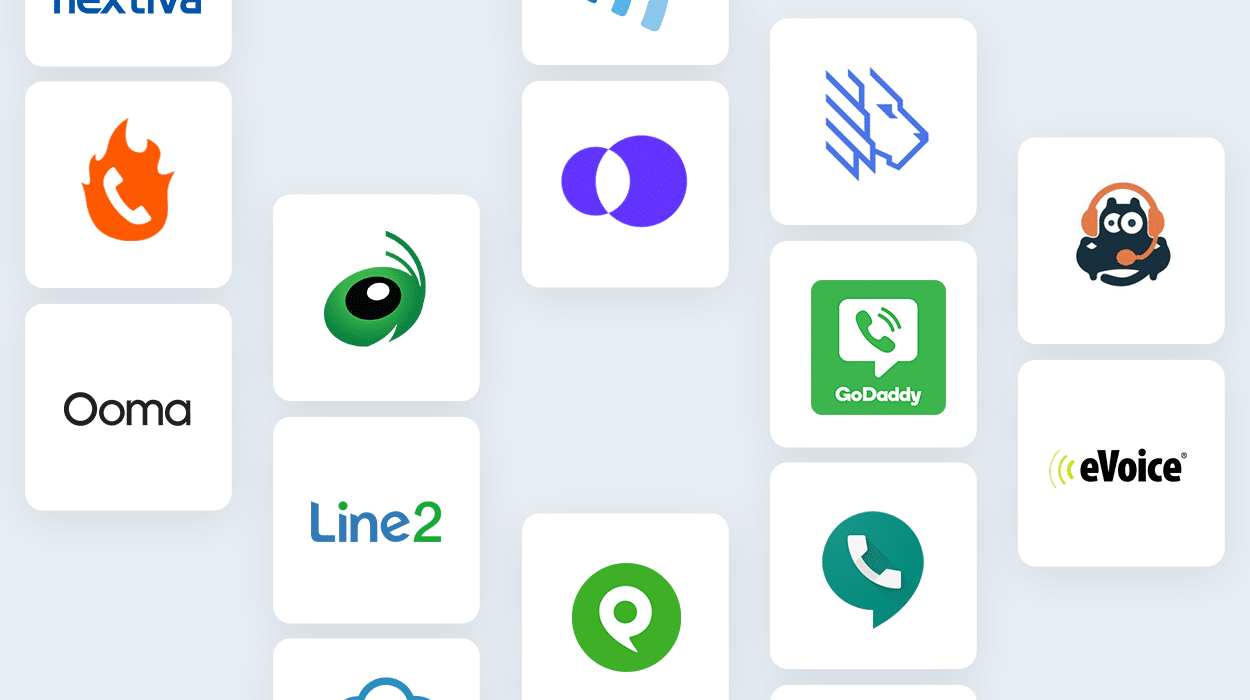Are you looking for a small business phone system that’ll keep your team and your customers connected?
Whether you’re working from home, on the road, or in the office, your customers and co-workers need to be able to reach you anywhere, on any device. How do find the best small business phone system for the way you work?
This list has you covered.
Here are the best phone systems for small businesses in 2024:
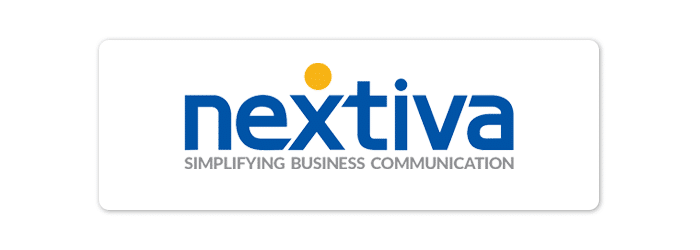
1. Nextiva
Nextiva simplifies your business by allowing you to manage all conversations with customers and coworkers in one place. This includes SMS, video, and email so your communications are streamlined.
Pricing
Nextiva offers three plans:
- Essentials ($30.95/user/mo.)
- Professional ($35.95/user/mo.)
- Enterprise ($45.95/user/mo)
See what customers say about Nextiva on Trustpilot, Capterra, and G2.

2. Ooma
Whether you are a mom-and-pop shop or a larger operation with multiple locations, Ooma is the small business phone system provider that’ll meet your needs without breaking the bank.
Pricing
Ooma offers three plans:
- Ooma Office Essentials ($19.95/user/mo.)
- Ooma Office Pro ($24.95/user/mo.)
- Ooma Office Pro Plus ($29.95/user/mo.)
See what customers are saying on Trustpilot, Capterra, and G2.
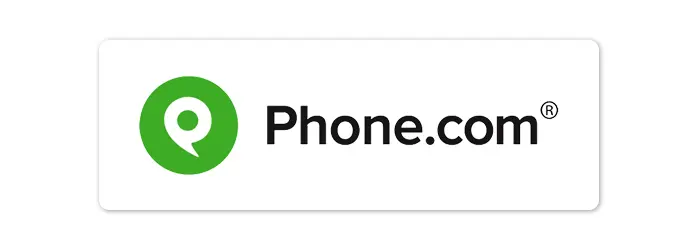
3. Phone.com
Are you looking for a small business phone system to keep you connected so you can work from anywhere on any device? Phone.com offers all of the fancy features of an enterprise system but is affordably packaged for entrepreneurs and growing businesses.
Pricing
Phone.com offers three plans:
- Basic ($14.99/user/mo.)
- Plus ($19.99/user/mo.)
- Pro ($29.99/user/mo.)
See what customers say about Phone.com on Trustpilot, Capterra, and G2.

4. RingCentral
RingCentral lets you manage all your calls, messages, and video meetings in one app. It also plugs into all the apps your business depends on, like Google, Microsoft, Salesforce, and Hubspot. This small business phone system does a lot, but it’s backed up by a dedicated support team that is ready to help.
Pricing
RingCentral plans start at four plans:
- Essentials ($32.99/user/mo.)
- Standard ($40.99/user/mo.)
- Premium ($47.99/user/mo.)
- Ultimate ($62.99/user/mo.)
See what customers say about RingCentral on Trustpilot, Capterra, and G2.
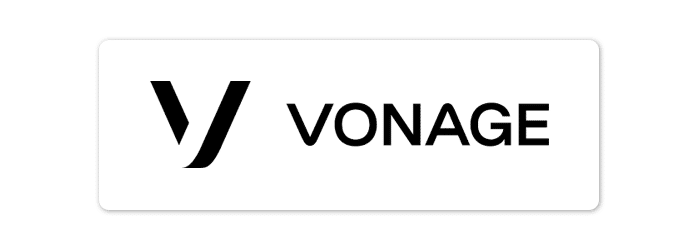
5. Vonage
If you’re looking for a complete phone system for your small business, you’ll want to check out what Vonage offers. It provides all the communication tools you need to stay connected, ranging from SMS to voice calls, video conferencing, paperless faxes, and team chat.
Pricing
Vonage offers three plans:
- Mobile ($19.99/line/mo.)
- Premium ($29.99/line/mo.)
- Advanced ($39.99/line/mo.)
See what customers are saying on Trustpilot, Capterra, and G2.
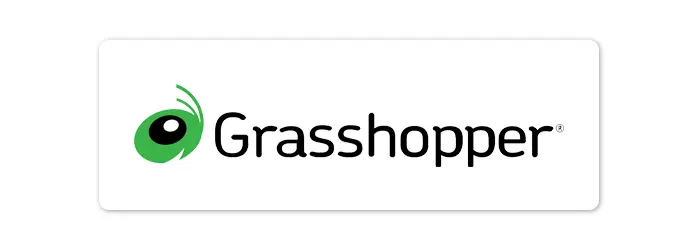
6. Grasshopper
Grasshopper adds a business line and virtual phone system to your cell phone so you can keep personal and business calls separate. With Grasshopper, your small business will sound larger and more credible when you use the phone system to set up custom greetings and extensions.
Pricing
Grasshopper offers three plans:
- Solo ($29/month)
- Partner ($49/month)
- Small Business ($89/month)
See what customers are saying on Trustpilot, Capterra, and G2.

7. MightyCall
MightyCall lets small businesses improve their customer experience by making it easier for customers to reach the right employee. When customers call, they are greeted by the phone system and then provided with a menu of extension options so you never miss an opportunity to connect with your customers.
Pricing
MightyCall offers three plans:
- Small Team ($15/user/mo.)
- Business ($20/user/mo.)
- Enterprise ($150/month)
See what customers are saying on Trustpilot, Capterra, and G2.
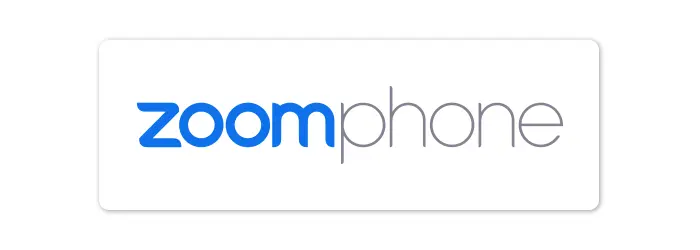
8. Zoom Phone
Like using Zoom? Now, you can use Zoom as your complete phone system. Zoom Phone empowers your end-users to make phone calls with the same ease and familiarity as Zoom video meetings. But it is pricy.
Pricing
Zoom offers three plans:
- US & Canada Metered ($120/user/mo.)
- US & Canada Unlimited ($180/user/mo.)
- Pro Global Select ($240/user/mo.)
See what customers are saying on Capterra and G2.

9. Dialpad
With Dialpad’s remote-first design and scalability, it might be the phone system for your growing small business needs. Besides providing video conferencing and voice calls, Dialpad also incorporates artificial intelligence to assist call center employees in learning how to manage calls with real-time coaching.
Pricing
Dialpad offers three plans:
- Standard ($23/user/mo.)
- Pro ($35/user/mo.)
- Enterprise (must get a quote)
See what customers are saying on Trustpilot and G2.
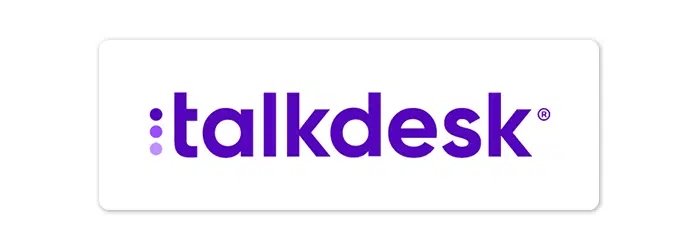
10. Talkdesk
A great thing about Talkdesk is that call centers can get it started quickly. Users must input their account credentials and rapidly connect with over 30 software integrations. If you’re a call center still using ineffective legacy systems, you might want to check out what Talkdesk is all about.
Pricing
Talkdesk offers four plans:
- CX Cloud Essentials ($75/user/mo.)
- CX Cloud Elevate ($95/user/mo.)
- CX Cloud Elite ($125/user/mo.)
- Experience Clouds (must get a quote)
See what customers are saying on Trustpilot, Capterra, and G2.

11. Channels
Channels is a data-driven phone system that lets you know exactly who’s calling so you’re always prepared to provide excellent customer service. The phone system recognizes callers and displays all the crucial info right before you take the call. Your support reps and customers will love it.
Pricing
Channels offers two plans:
- Plus ($29/month)
- Advanced ($75/month)
See what customers are saying on Capterra and G2.
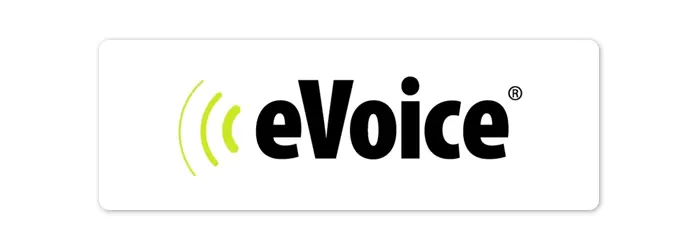
12. eVoice
eVoice is an easy way to set up your small business with an auto attendant who professionally greets your customers and routes them to the proper employee or department. This small business phone system is managed completely online and takes just minutes to set up.
Pricing
eVoice offers one plan at $14/user per month.
See what customers are saying on Trustpilot, Capterra, and G2.

13. GoTo
GoTo (formally Jive) makes it easy to switch between your desk phone, desktop app, or mobile app so you can manage calls on the go. You also get HD video conferencing and other collaboration tools to keep you connected.
Pricing
GoTo Connect offers three plans:
- Basic ($27/user/mo.)
- Standard ($32/user/mo.)
- Premium ($43/user/mo.)
See what customers are saying on Capterra, and G2.


